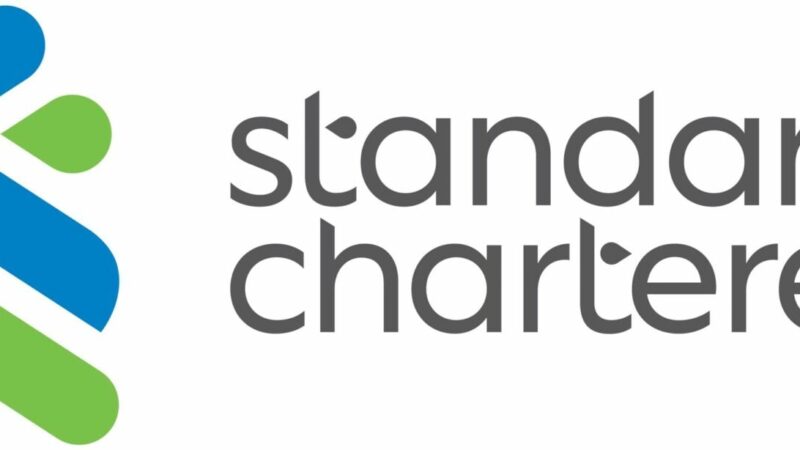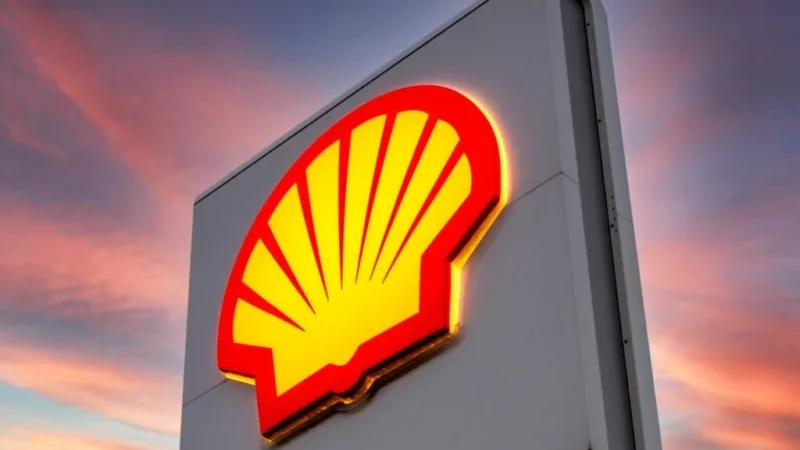Petrol imports dropped by 3.58bn litres after subsidy removal – FG
 The National Bureau of Statistics has stated that Nigeria recorded a reduction in petrol importation following the removal of fuel subsidy by President Bola Tinubu in May 2023.
The National Bureau of Statistics has stated that Nigeria recorded a reduction in petrol importation following the removal of fuel subsidy by President Bola Tinubu in May 2023.
It also said the total of fuel imports reduced to 20.30 billion litres in 2023 from the 23.54 billion litres recorded in 2022, showing a decrease of 13.77 per cent year-on-year.
It disclosed this in the latest petroleum products distribution statistics released by the agency on Tuesday, as it noted that petrol imports dropped by 3.58 billion litres in the second half of 2023 compared to the year’s first half.
It said the country imported 8.36 billion litres of Premium Motor Spirit (petrol) in H2 (first half) of 2023, a significant decrease from the 11.94 billion litres imported in H1 2023, marking a 29.99 per cent reduction.
It said, “In 2023, PMS truck out stood at 20.22 billion litres, indicating a 16.96 per cent decrease relative to 24.35 billion litres recorded in 2022.
“In terms of imported products, 20.30 billion litres of Premium Motor Spirit were imported in 2023 relative to 23.54 billion litres in 2022, showing a decrease of 13.77 per cent. This downward trend is even more notable when compared to H2 2022.
“In the latter half of 2022, petrol imports stood at 11.98 billion litres, resulting in a 30.22 per cent drop when compared to H2 2023, equivalent to a reduction of 3.62 billion litres.”
A breakdown for the monthly volume of fuel imports in 2023 showed that 2.09 billion was brought in January, reduced to 1.99 billion in February, increased to 2.29 billion in March, 1.91 billion in April, and 2.01 billion in May.
It was 1.64 billion in June, 1.45 billion in July, 1.09 billion in August, 1.21 billion in September, 1.16 billion in October, 1.55 billion in November and 1.88 billion in December.
These figures highlight the impact of the subsidy removal on the volume of petrol imported into the country.
Similarly, the bureau stated that the volume of Automotive Gas Oil, also known as diesel imported into Nigeria, rose to 4.94 billion litres in 2023 from four billion litres in 2022.
The statistics also showed that 109.39 million litres of AGO was locally produced in 2023, representing a 6.76 per cent rise from 102.47 million litres produced in 2022.
“About 69.71 million litres of Household Kerosene were locally produced in 2023 compared to 44.68 million litres in 2022, indicating a growth rate of 56.02 per cent over the period.
“For Automotive Gas Oil, 109.39 million litres were locally produced in 2023, when compared to 102.47 million litres reported in 2022. This represents a 6.76 per cent growth rate.
“Also, 4.94 billion litres of Automotive Gas Oil were imported in 2023, indicating an increase of 23.66 per cent compared to four billion litres in the previous year,” It added.
Upon assumption of office on May 29, President Tinubu during his inauguration speech announced a total removal of subsidy on petrol price.
Shortly after, fuel prices soared across Nigeria, with some stations selling PMS at prices as high as N700 per litre.
According to the 2023 full-year foreign trade data, Nigeria’s spending on fuel import decreased by approximately 2.6 per cent, from N7.7tn in 2022 to N7.5tn in 2023.
In terms of semi-annual comparison, the country incurred N3.5tn in fuel importation costs in the second half of 2023, representing a 10.26 per cent decrease compared to the N3.9tn recorded in the first half of the year.
Also, in the first six months of 2024, the country’s petrol import bill stood at N5.8tn.
When compared to the same period of 2023, the country’s petrol import bill increased by 87.09 per cent from N3.1tn.
 The National Bureau of Statistics has stated that Nigeria recorded a reduction in petrol importation following the removal of fuel subsidy by President Bola Tinubu in May 2023.
The National Bureau of Statistics has stated that Nigeria recorded a reduction in petrol importation following the removal of fuel subsidy by President Bola Tinubu in May 2023.
It also said the total of fuel imports reduced to 20.30 billion litres in 2023 from the 23.54 billion litres recorded in 2022, showing a decrease of 13.77 per cent year-on-year.
It disclosed this in the latest petroleum products distribution statistics released by the agency on Tuesday, as it noted that petrol imports dropped by 3.58 billion litres in the second half of 2023 compared to the year’s first half.
It said the country imported 8.36 billion litres of Premium Motor Spirit (petrol) in H2 (first half) of 2023, a significant decrease from the 11.94 billion litres imported in H1 2023, marking a 29.99 per cent reduction.
It said, “In 2023, PMS truck out stood at 20.22 billion litres, indicating a 16.96 per cent decrease relative to 24.35 billion litres recorded in 2022.
“In terms of imported products, 20.30 billion litres of Premium Motor Spirit were imported in 2023 relative to 23.54 billion litres in 2022, showing a decrease of 13.77 per cent. This downward trend is even more notable when compared to H2 2022.
“In the latter half of 2022, petrol imports stood at 11.98 billion litres, resulting in a 30.22 per cent drop when compared to H2 2023, equivalent to a reduction of 3.62 billion litres.”
A breakdown for the monthly volume of fuel imports in 2023 showed that 2.09 billion was brought in January, reduced to 1.99 billion in February, increased to 2.29 billion in March, 1.91 billion in April, and 2.01 billion in May.
It was 1.64 billion in June, 1.45 billion in July, 1.09 billion in August, 1.21 billion in September, 1.16 billion in October, 1.55 billion in November and 1.88 billion in December.
These figures highlight the impact of the subsidy removal on the volume of petrol imported into the country.
Similarly, the bureau stated that the volume of Automotive Gas Oil, also known as diesel imported into Nigeria, rose to 4.94 billion litres in 2023 from four billion litres in 2022.
The statistics also showed that 109.39 million litres of AGO was locally produced in 2023, representing a 6.76 per cent rise from 102.47 million litres produced in 2022.
“About 69.71 million litres of Household Kerosene were locally produced in 2023 compared to 44.68 million litres in 2022, indicating a growth rate of 56.02 per cent over the period.
“For Automotive Gas Oil, 109.39 million litres were locally produced in 2023, when compared to 102.47 million litres reported in 2022. This represents a 6.76 per cent growth rate.
“Also, 4.94 billion litres of Automotive Gas Oil were imported in 2023, indicating an increase of 23.66 per cent compared to four billion litres in the previous year,” It added.
Upon assumption of office on May 29, President Tinubu during his inauguration speech announced a total removal of subsidy on petrol price.
Shortly after, fuel prices soared across Nigeria, with some stations selling PMS at prices as high as N700 per litre.
According to the 2023 full-year foreign trade data, Nigeria’s spending on fuel import decreased by approximately 2.6 per cent, from N7.7tn in 2022 to N7.5tn in 2023.
In terms of semi-annual comparison, the country incurred N3.5tn in fuel importation costs in the second half of 2023, representing a 10.26 per cent decrease compared to the N3.9tn recorded in the first half of the year.
Also, in the first six months of 2024, the country’s petrol import bill stood at N5.8tn.
When compared to the same period of 2023, the country’s petrol import bill increased by 87.09 per cent from N3.1tn.







